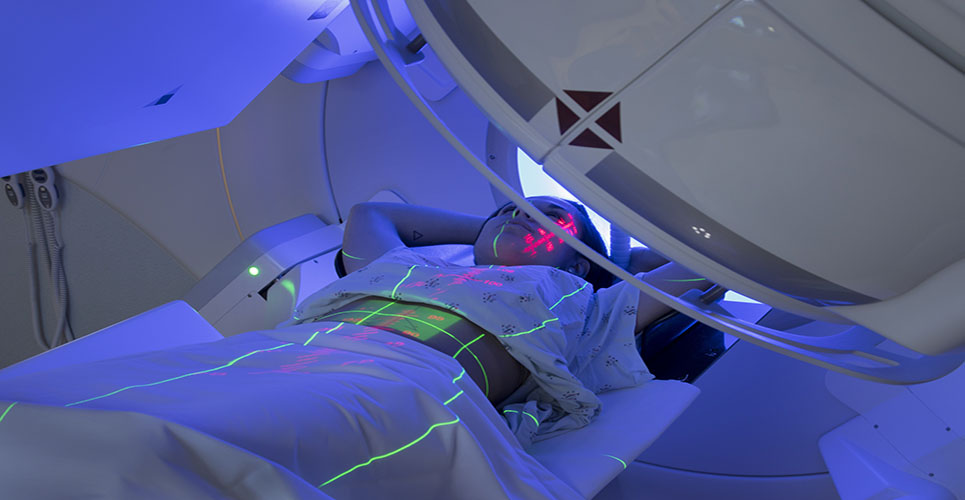teaser
A chemically modified form of interferon alfa-2b improves recurrence-free survival (RFS) in melanoma patients compared with observation alone, conclude authors of a paper published in this week’s edition of The Lancet.
In this randomised, phase III study, researchers aimed to determine whether pegylated interferon alfa-2b (PEG-IFNα2b) could facilitate prolonged exposure while maintaining tolerability.
The trial looked at 1,256 patients with post-surgery stage III melanoma. Six hundred and twenty nine were assigned to observation, the other 627 to PEG-IFNα2b at 6 μg/kg body weight for eight weeks, then 3 μg/kg for an intended duration of five years. The final analysis included 613 observation patients and 608 PEG-IFNα2b patients.
The median length of treatment with PEG-IFNα2b was one year, and at median-follow up of just over three-and-a-half years, 328 recurrence events had occurred in PEG-IFNα2b group and 368 in the observation group; thus PEG-IFNα2b reduced the risk of recurrence by 18%, which became 15% after four years. There was no difference in overall survival between the groups.
Grade three serious adverse events occurred in 246 (40%) of PEG-IFNα2b patients and 60 (10%) observation patients, while grade four serious adverse events occurred in 32 (5%) of PEG-IFNα2b patients and 14 (2%) of observation patients. In the PEG-IFNα2b group, the most common grade three or four adverse events were fatigue (16% of patients) liver toxicity (11%), and depression (6%).
Treatment with PEG-IFNα2b was discontinued because of toxicity in 191 patients.
The authors conclude: “The results of this large phase III study of adjuvant therapy in patients with stage III melanoma suggest that prolonged treatment with pegylated interferon alfa-2b significantly improves recurrence-free survival compared with observation alone.”

